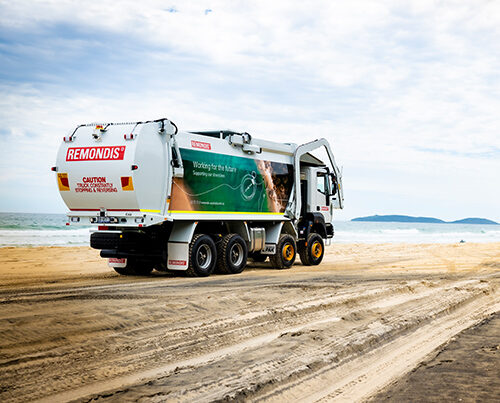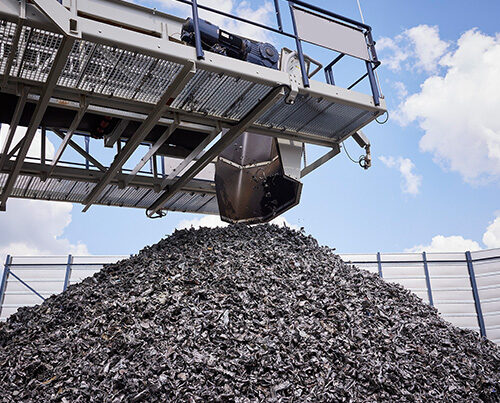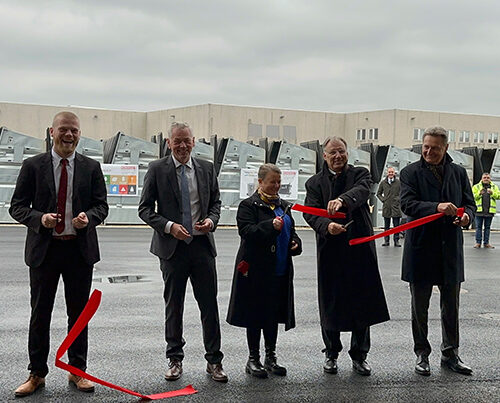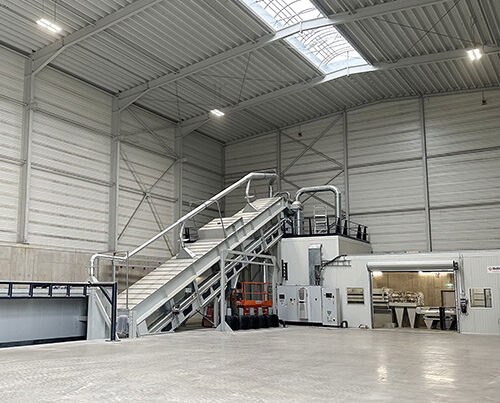German technology for the Russian market
The newly founded Environment and Waste Management Work Group (whose focus is on subjects such as waste segregation, waste collection and recycling) had their inaugural meeting in Moscow on 27 June. Their goal: to help ensure that the reforms that Russia is making to its waste management sector are a success and to promote the use of German technology on the Russian market. The group is headed by Swetlana Bigesse, managing director of REMONDIS’ Russian subsidiary. Tatiana Mazidowski, vice-president of the Intertechelectro Group, has been appointed her deputy. They have a lot of work ahead of them.
Modernising the waste management sector
In February 2019, the Russian government issued a decree that has led to the foundation of the public sector organisation “Rossijsij Ekologitcheskij Operator” (Russian National Environmental Operator). The Government has commissioned this organisation with the task of modernising the Russian waste management sector and ensuring that the reforms set out in the 2015 Federal Waste Management Law are implemented effectively. This work includes, for example, coordinating all the so-called ‘regional waste management operators’ and building new waste treatment plants. Moreover, the waste management sector should be completely restructured – from the way the materials are stored and collected all the way through to how they are treated – so that the country’s biodiversity can be preserved and healthy natural spaces restored. These regional waste management operators are responsible for all waste management services from transport, to processing, to recycling – or if this is not possible – managing municipal household waste. Those living in the regions are obliged to use their local operator’s services – similar to the system that has been used in Germany for many years now. 160 regional operators have already been selected in 65 of Russia’s 85 regions. The cities of Moscow and St Petersburg are excluded until 2022 and a number of other regions have been given a year’s extension.
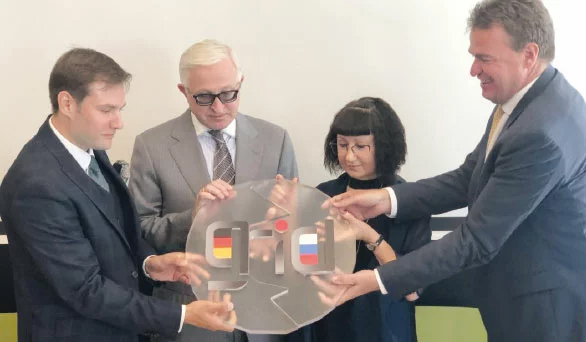
Mayor of Düsseldorf Thomas Geisel (left) and Swetlana Bigesse (2nd right) with members of the Russian delegation in Düsseldorf
Russian delegation visits the Lippe Plant
“Rossijsij Ekologitcheskij Operator” has been given a budget of one billion euros (taken from the public purse) and will act as the public sector partner in public private partnership projects. The Government is hoping that private investors will inject a further three billion euros into the project. REMONDIS welcomed the managing director of the organisation and his three deputies during their three-day visit to Germany at the end of May showing them how a modern recycling sector can be run. The Russian delegation toured a number of sites, taking a tour around REMONDIS’ Lippe Plant and meeting representatives of Duales System Deutschland GmbH and the Mayor of Düsseldorf, Thomas Geisel. These discussions with the director of the Russian National Environmental Operator were then continued when representatives of REMONDIS travelled to Moscow in June. Many Russian delegations and NGOs, such as Greenpeace Russia, have also been travelling to the capital of the autonomous Republic of Mordovia, Saransk. There, with REMONDIS’ help and know-how, the city has already implemented what the Government in Moscow wishes to see across the whole of Russia: a well-functioning circular economy with segregated waste collections.
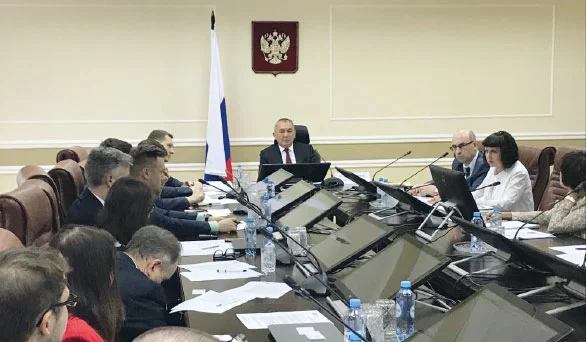
Swetlana Bigesse at the inaugural meeting of the “Rossijsij Ekologitcheskij Operator”
Image credits: image 1: Adobe Stock: Mikolaj Niemczewski; images 2, 3: REMONDIS







